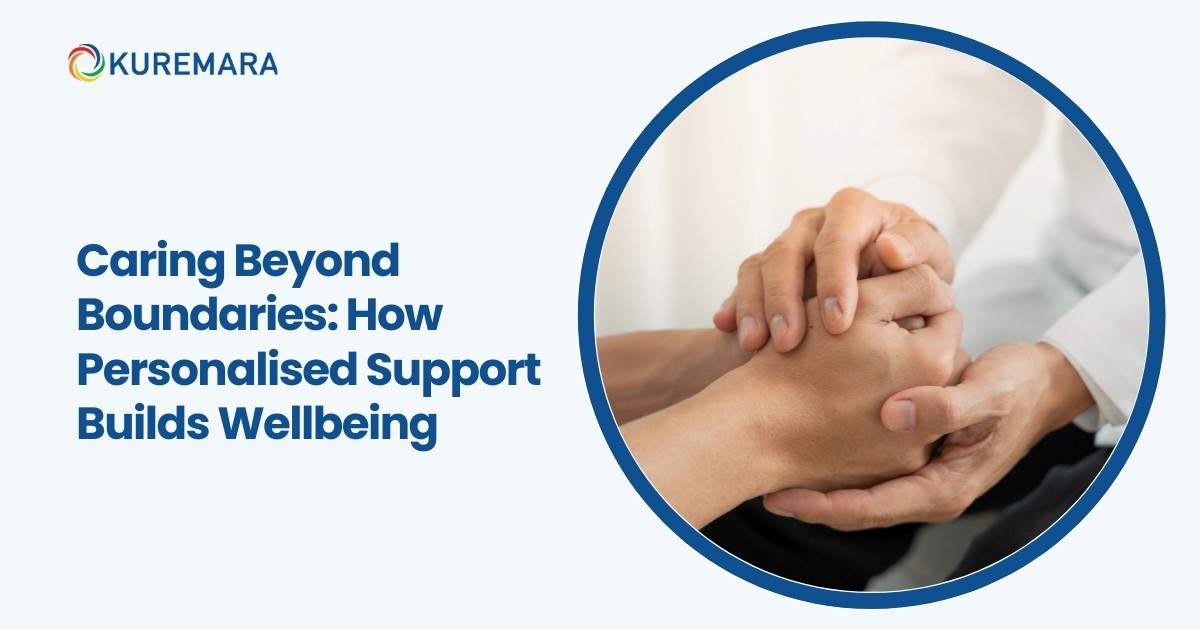In a world that constantly encourages “yes”—yes to more work, more responsibility, more obligations—learning to say “no” can feel uncomfortable, even selfish. But in reality, saying “no” is one of the most powerful tools for protecting your time, energy, and mental well-being. It sets boundaries, clarifies priorities, and gives you back control in a life that can quickly become overwhelming.
If you’re feeling stretched thin or resentful of your commitments, it may be time to embrace the power of the word “no.”
Saying No Creates Space For What Matters
Saying yes to everything often means saying no to yourself. Every extra task or obligation added to your plate takes time away from the things you actually value—whether that’s rest, personal goals, or meaningful relationships. When you learn to say “no,” you create space for what truly matters to you.
By preserving your time and energy, you set a standard for how others treat you and how you treat yourself. A mindful “no” is not rejection—it’s redirection. It allows you to show up fully for the commitments that align with your values.
If you’re passionate about self-growth and boundary setting, this topic fits well on a personal development website that encourages life balance, authenticity, and conscious living.
Boundaries Are Essential, Not Optional
Boundaries are not about keeping people out—they’re about keeping your peace in. Saying “no” is a way to uphold those boundaries, especially when you feel pressured to overextend yourself. Whether it’s declining a project that doesn’t align with your vision or skipping an event for much-needed rest, protecting your limits is an act of self-respect.
This type of empowering message is ideal for write for us pages that welcome lifestyle, self-care, or wellness contributors. Many readers are looking for practical ways to set boundaries without guilt, and your insights could offer much-needed validation.
Saying No Builds Confidence And Clarity
When you stop seeking approval and start honoring your instincts, you naturally become more confident. Every time you say “no” to something that doesn’t serve you, you’re saying “yes” to your growth. Over time, this reinforces a sense of purpose and clarity.
You begin to trust your own judgment and become more intentional with your time. This confidence is especially valuable in professional environments, where boundary-setting can lead to better work-life balance and greater productivity.
Writers who focus on professional development or workplace wellness can explore guest post options on platforms that speak to career clarity and leadership through authenticity.
Start Small And Practice Without Guilt
Saying “no” doesn’t have to be dramatic or rude. It can be as simple as, “I can’t commit to that right now,” or “Thanks for thinking of me, but I need to pass.” The key is to say it firmly, kindly, and without justification. You don’t owe people an explanation for prioritizing yourself.
Like any habit, saying no becomes easier with practice. Start small—decline a meeting you don’t need to attend, postpone a favor you can’t realistically complete, or step back from a social event you’re not excited about.
If you’ve navigated the journey from people-pleasing to boundary-building, consider sharing your story through a guest post service. Platforms focused on emotional health and self-empowerment are always looking for real voices who’ve learned to take back their time.
Conclusion: The Power Of A Thoughtful “No”
Saying “no” is more than a time-saving tactic—it’s a self-care strategy. It helps preserve your energy, strengthen your boundaries, and focus on what truly adds value to your life. You don’t need to be everything to everyone. You just need to be honest with yourself. If this lesson resonates with you, now might be the perfect time to share your experiences and reflections. Many blogs offering guest post opportunities or write for us invitations are looking for genuine, relatable content about boundaries, wellness, and personal transformation. Sometimes, the best thing you can say—for yourself and others—is “no.”





